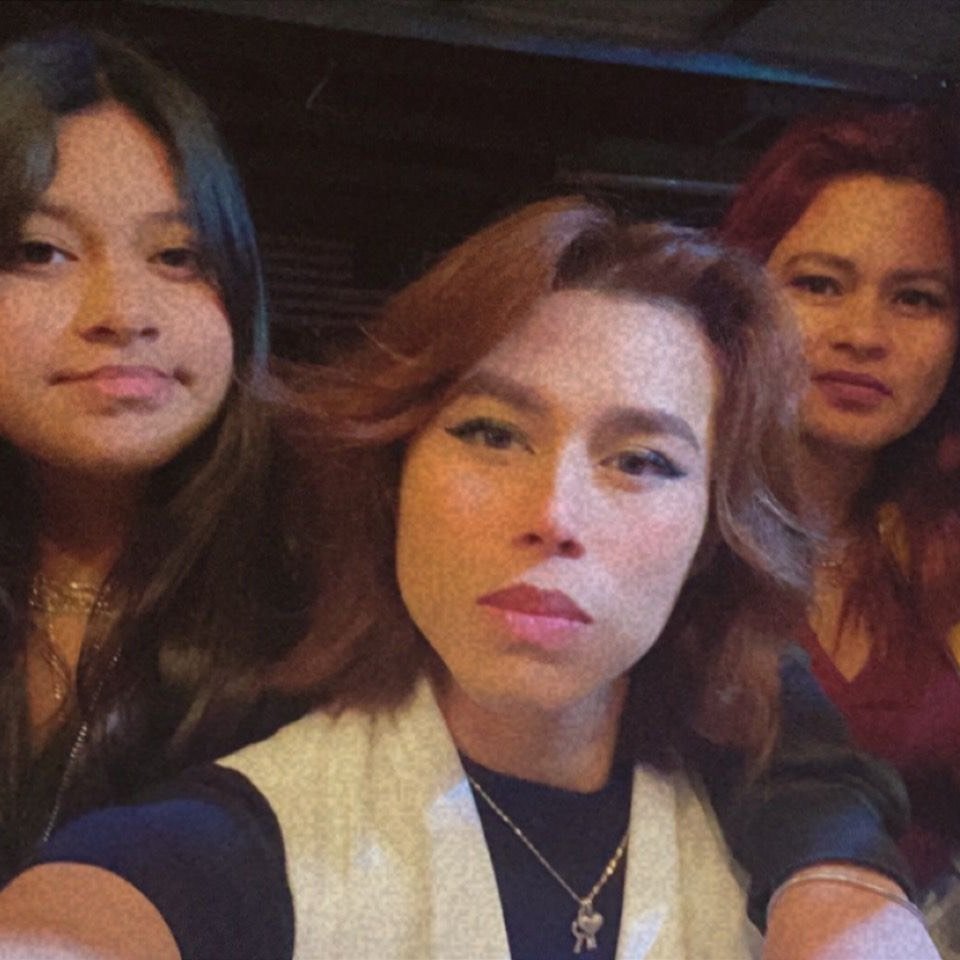Op-Ed: I Enjoyed the Benefits of Being A DACA Recipient - Until the System Shut Me Out


Op-Ed: I Enjoyed the Benefits of Being A DACA Recipient - Until the System Shut Me Out
Razi Chable Lara, Florida Poderosa Fellow, Poder Latinx
In February 2005, my parents and I made the journey across the desert for 3 nights and 2 days to reach the United States-Mexico border. As expected, this experience was less than desirable as we faced a cold and fierce climate, but this voyage meant so much for my family- an opportunity at a different life. Most people that I would meet in the States didn’t undergo anything that paralleled this situation, and this memory is how I knew that I was undocumented.
By 2012, I started volunteering my time at Hope CommUnity Center in Apopka, FL. This was around the time that the Deferred Action for Childhood Arrivals (DACA) was being announced. At Hope, I focused on back-end operations, and the paperwork I dealt with was often related to immigration. I will always be proud of myself for being able to file my own DACA application, as I had already assisted so many others in gaining access to this program. Prior to filing, I was worried that the information and paperwork submitted would make my family and I susceptible to deportation. In the end, I applied and the process was simple enough since my family had saved all the necessary documentation. I knew that my family needed this opportunity. My Dad ensured our family was provided for, but we were always looking over our shoulders due to the risk of driving to work without registration or license. Once I was approved for DACA, I was able to buy a car under my name, work, and file taxes, and we no longer had to worry about the tactics we would use to avoid police stops. My family’s life was made a little easier - we had some breathing room we didn’t have before.
Under the Trump administration during the COVID-19 pandemic, new applications for DACA were canceled. I applied for renewal but never received confirmation that my application was received and was expressly advised not to submit another. A year passed by and I was still in the dark in regards to the status of my application. I made some phone calls and was told my application was never received and it would be too late to submit another. Then COVID hit.
During the pandemic, I faced the opposite of the commonality of job losses that others experienced. I was incredibly overworked and hit 70-80 hours a week because my employer refused to hire more help. Even though the store I worked at was not affected by the curfews that were put in place and were open 24 hours/7 days a week, they did not hire more people to meet the demands of being the only local store open. At one point, I became a manager without knowing it and never received the payment I deserved. I was no longer able to drive and was having a hard time keeping track of my DACA application. Almost 2 years ago, I lost my DACA status. At this point, I was the head of my household. I was 22 years old and working full-time at a store, while also helping out with my family’s landscaping business.
As if I didn’t have enough on my plate, I also faced the difficulties of being a part of the LGBTQIA+ community as a transgender person and being part of a Latinx family, dealing with machismo culture. I supported my family in many ways, working 7 days a week to ensure everyone was provided for, yet my identity wasn’t accepted by my father.
In January, Mexico passed a policy that allowed me to legally change my name and gender on paper. At the same time, I would have to continue using my dead name in the United States, especially if given another opportunity to apply for DACA. If I were approved to update my name, I would have to go through an entire process to also update my Social Security, driver's license, and work permit, and would have to pay immigration to apply for DACA with my correct name and essentially start the entire process over as a new person.
As we celebrate DACA’s 10-year anniversary this June, I call on Congress to find more tangible solutions to the temporary band-aid that has been DACA. A decade has passed, marked by inaction and attacks against undocumented individuals. Democrats still have the power and ability to deliver for immigrant communities. Congress must codify DACA and make it a permanent solution with a pathway to citizenship. DACA eligibility must also be expanded to today’s high schoolers, who are no longer eligible to attend college or access financial aid for college because of the binding dates for eligibility in DACA. DACA recipients and eligible youth do not deserve to be in a constant state of limbo - unsure of what their futures look like.
